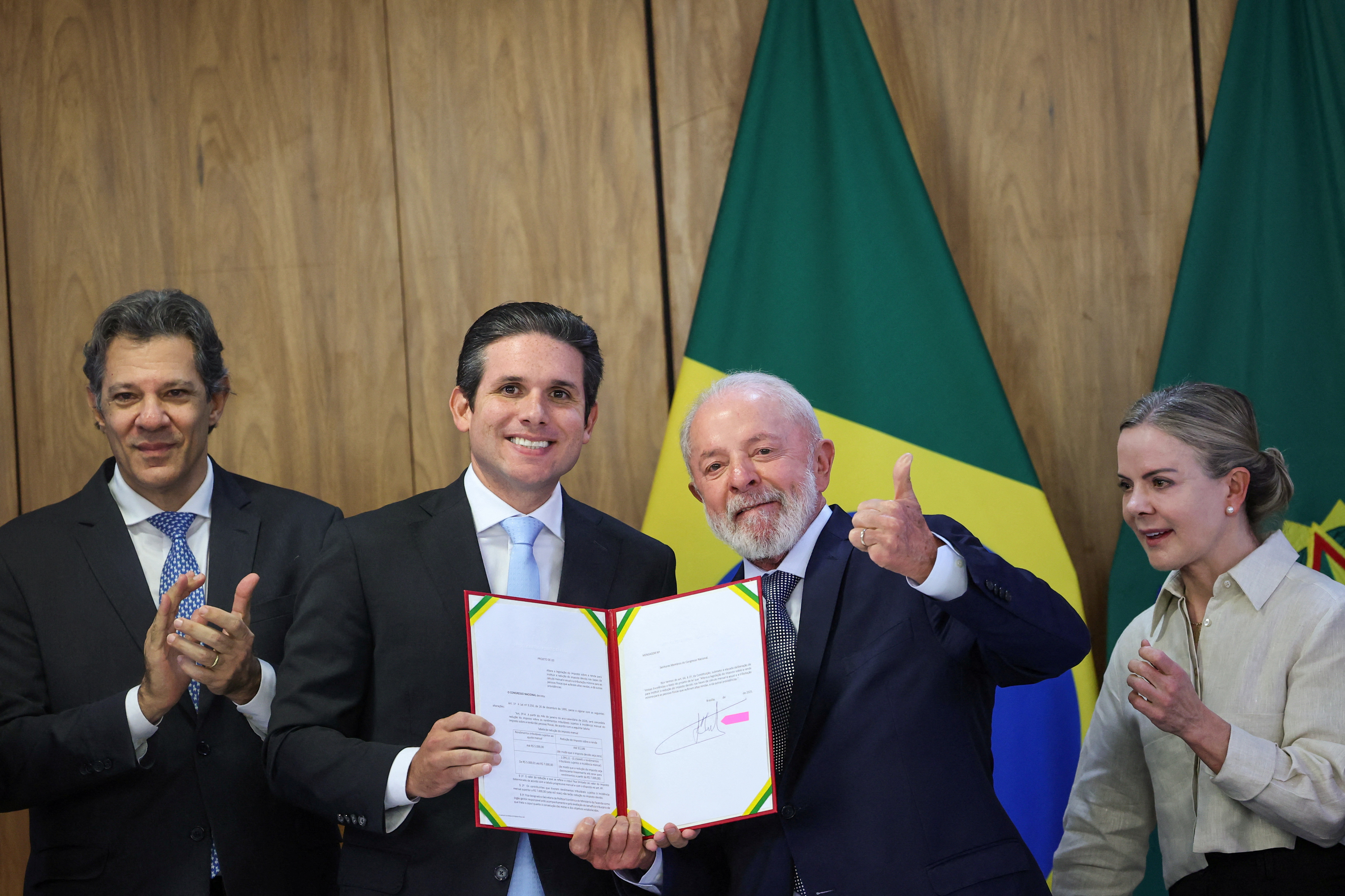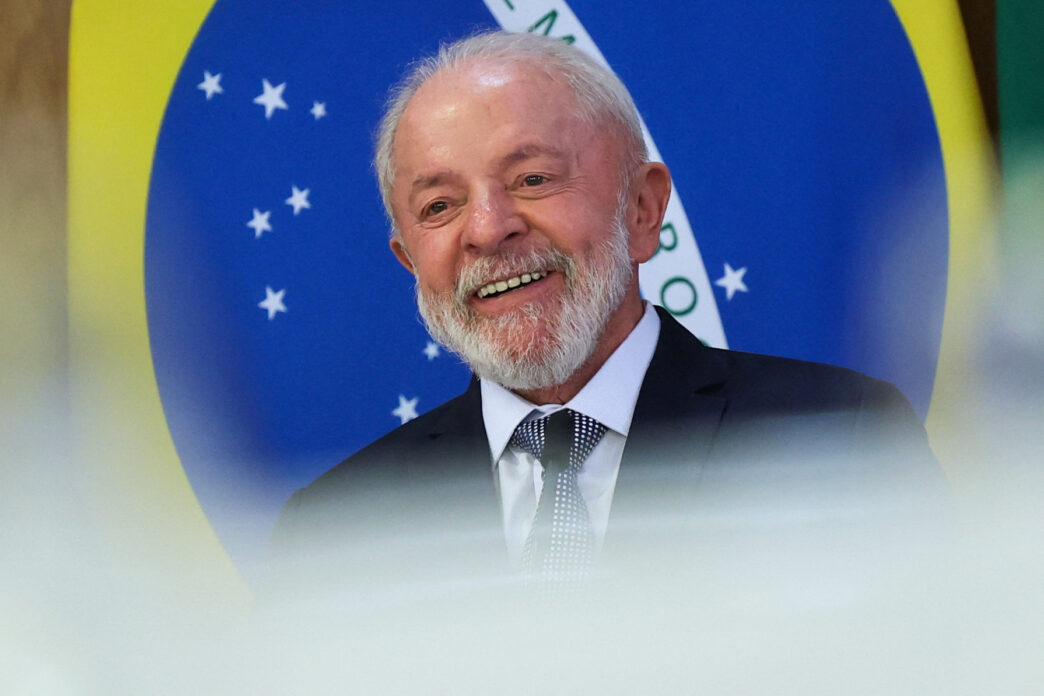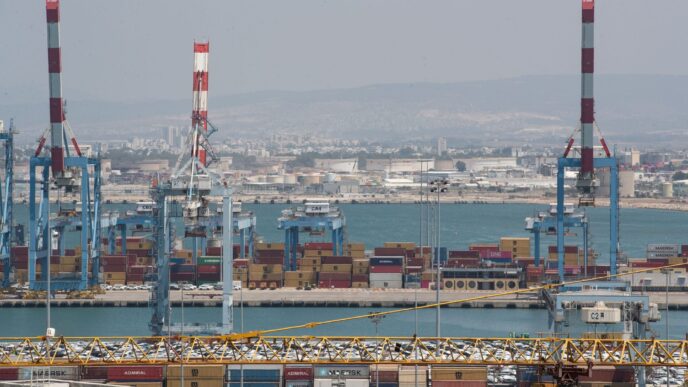Brazil’s lower house of Congress on Wednesday approved a bill to expand income tax exemptions for the middle class, despite investor concerns.
The legislation, which still awaits Senate approval, would exempt around 16 million Brazilians from income tax, according to government estimates.
It raises the exemption threshold from 3,000 reais to 5,000 reais (£740) per month.
Lawmakers passed the bill unanimously, with support even from the opposition led by former far-right president Jair Bolsonaro’s party.

To offset the expected revenue shortfall, the measure proposes higher taxes on the country’s highest earners. Currently, those earning over 50,000 reais per month pay an average income tax rate of 2.5 per cent, but under the new plan, this would gradually increase to 10 per cent.
The reform enjoys broad support among President Luiz Inácio Lula da Silva’s left-wing base.
However, its initial announcement last year — alongside proposed spending cuts — rattled financial markets and caused a sharp depreciation of Brazil’s currency.
Arthur Lira, the bill’s sponsor, described the measure as delivering “tax justice” for lower-income earners. Lula, who has hinted at seeking re-election next year, is expected to champion the proposal as part of his economic agenda.


 Trending
Trending 









